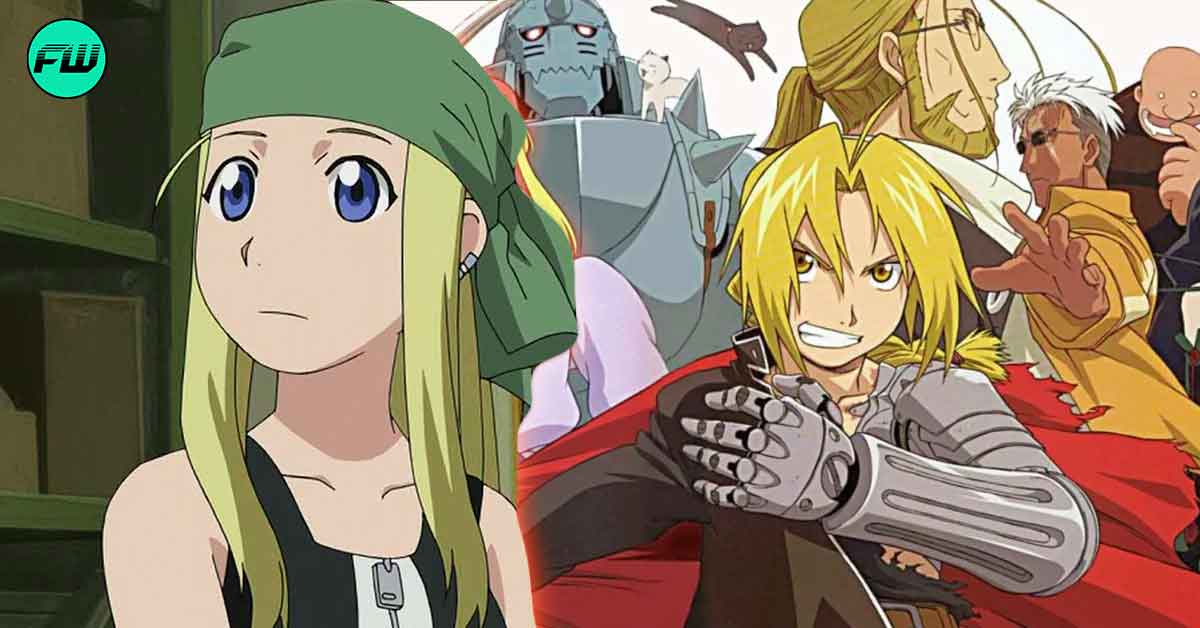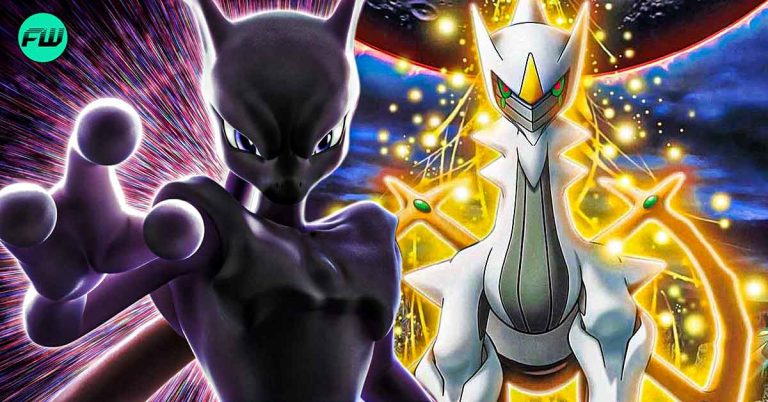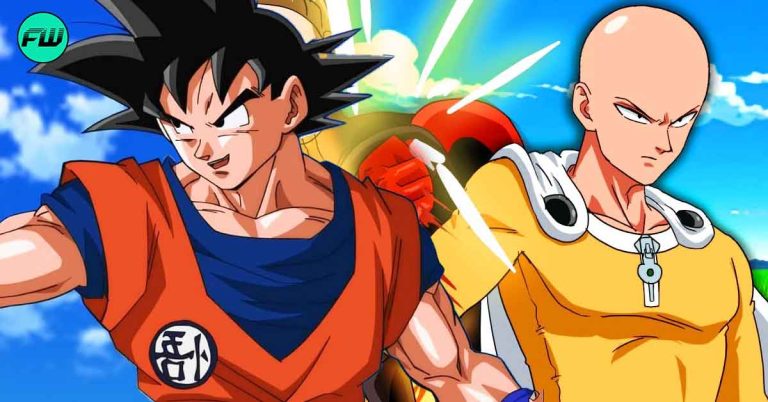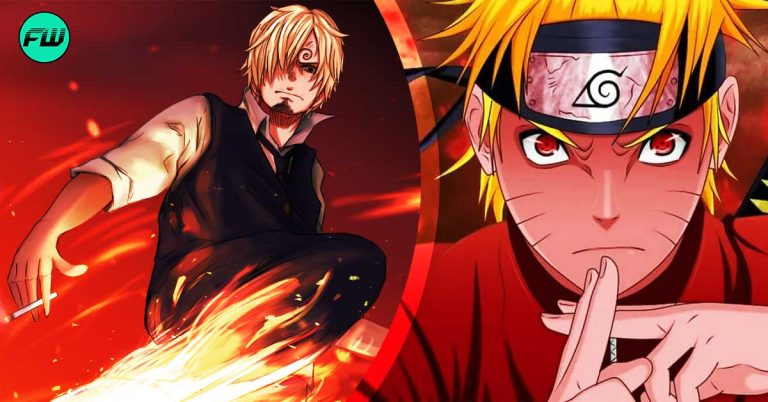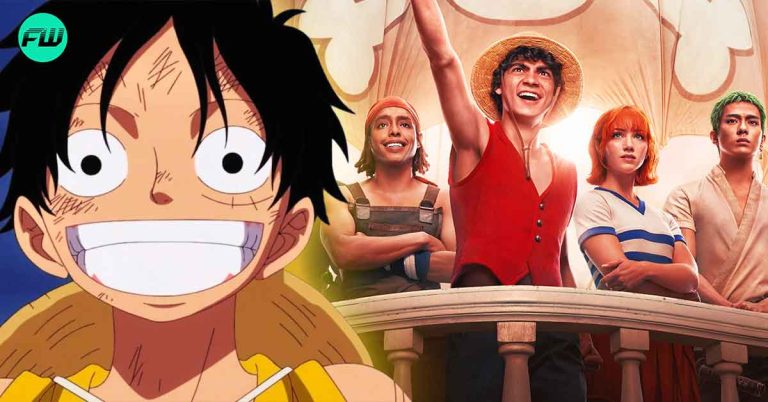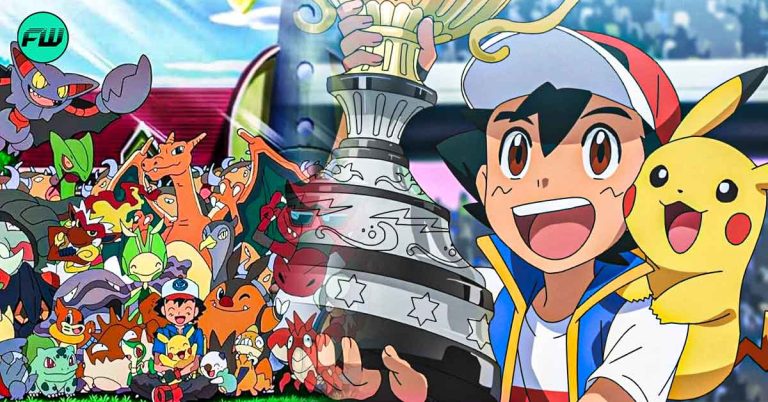Fullmetal Alchemist is a Japanese manga series penned and illustrated by Hiromu Arakawa. Set in the early 20th century, within a fictional universe where alchemy is a widely practiced science, the narrative traces the expedition of two alchemist siblings, Edward and Alphonse Elric.
They embark on a quest to find the philosopher’s stone in a bid to restore their bodies, which were ravaged by a failed alchemical attempt to resurrect their mother.
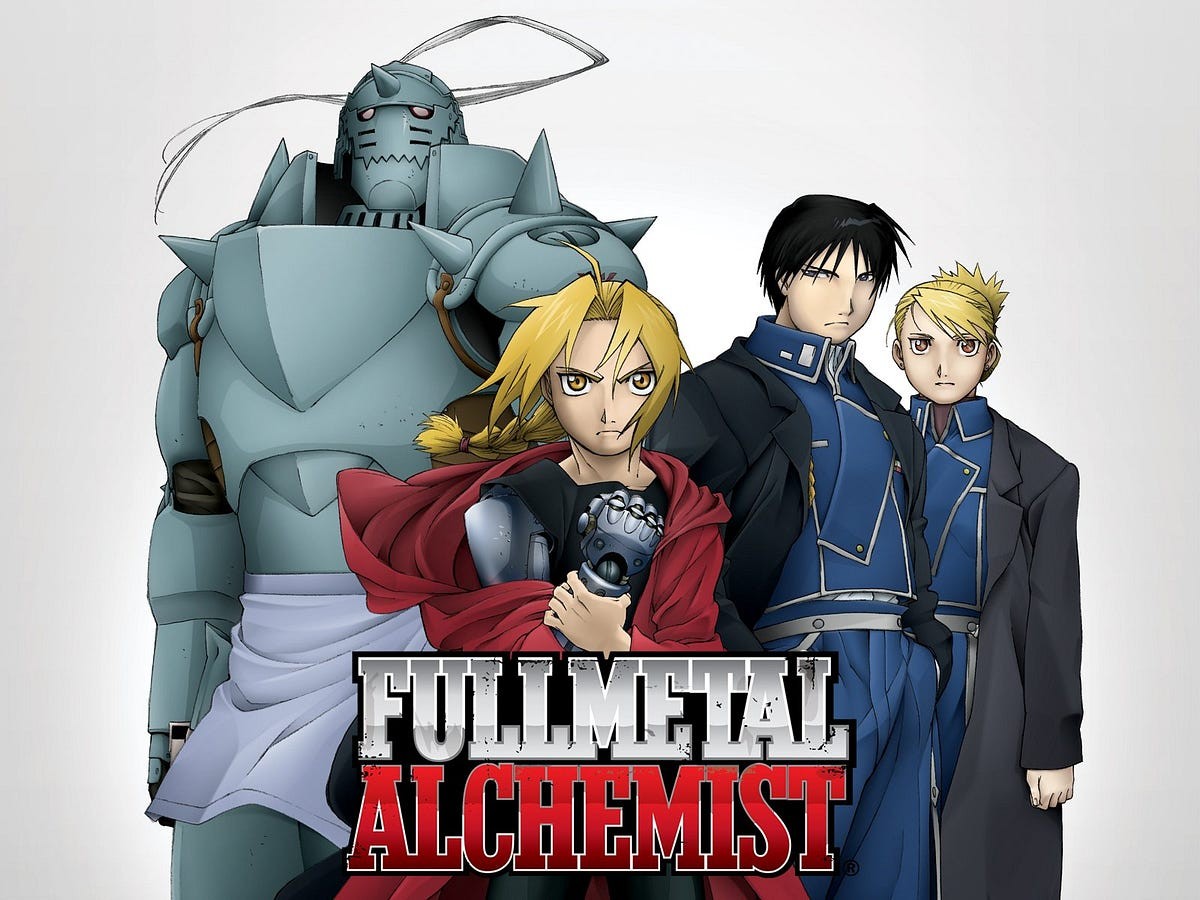
Due to its overarching worldview, theme, simplicity (the plot is easily comprehensible to readers), and character evolution (every character makes mistakes and grows, irrespective of their role’s significance), Fullmetal Alchemist stands as one of the most renowned manga series worldwide.
The manga sold over 80 million volumes worldwide, establishing itself as a top-seller. It won the 49th Shogakukan Manga Award in 2004, the UK’s Eagle Award for favorite manga in 2010 and 2011, and the Seiun Award for best sci-fi comic in 2011.
After the manga became famous, the writer Hiromu Arakawa revealed her identity to prove that women can do more than talk about emotions.
Fullmetal Alchemist Writer is a Proclaimed Female Manga Artist
As the creative mind behind the acclaimed series Fullmetal Alchemist, Hiromu Arakawa ranks among the most accomplished manga artists of the 21st century. It, along with Arakawa’s other works, falls under the category of “shonen manga,” a genre of Japanese comics aimed at preteen and teenage boys.
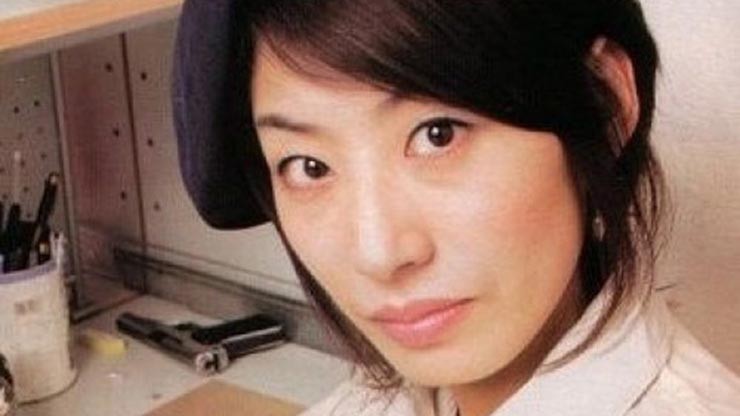
Interestingly, Hiromu Arakawa is a pen name. Her actual first name is Hiromi, and she stands among the growing contingent of female artists in the shonen manga industry. In a more enlightened world, this fact would not be a matter of surprise. It wouldn’t even be relevant.
Despite this, online comments like “I didn’t know Fullmetal Alchemist’s creator was a woman! Weird!” are still prevalent. Some people believe women can’t write boys’ material or action-oriented content. Nevertheless, Arakawa has her own view on this issue:
“It is often said that women are better to talk about emotions, to write dialogues that hit the nail on the head, and men know how to create stories with twists and turns. As for me, I think it’s difficult today to make a distinction between genres. Some men are really able to imagine sensitive and complex characters, while some women are able to create sometimes violent action scenes. Nowadays, each writer has their own specialty. It doesn’t matter if they’re a man or a woman.”
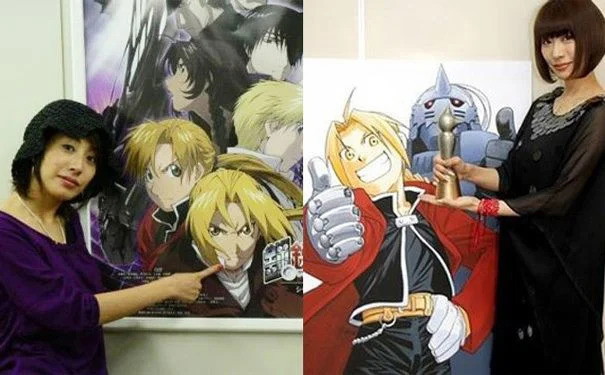
Undoubtedly, women in the shonen manga world still face obstacles. Hiromi Arakawa chose the masculine pen name ‘Hiromu’ not lightly but to prevent her gender from overshadowing her creations for male readers.
Like J.K. Rowling, another successful author from a different part of the world, Arakawa’s work has gained such incredible acclaim that her gender is now an open secret.
The Creator of Inuyasha is an Inspiration for Hiromu Arakawa
Arakawa follows the path of a woman she acknowledges as one of her influences, the creator of Inuyasha and Ranma ½, Rumiko Takahashi. Takahashi, a shonen mangaka, is not only one of the wealthiest manga artists in Japan but is also acclaimed as the top-selling female comic artist in world history.
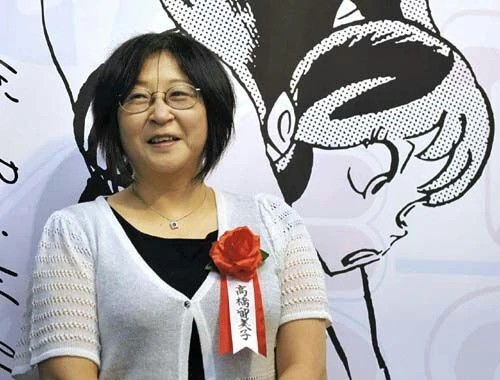
Subsequently, more female shonen mangaka have emerged, following in the footsteps of Takahashi and Arakawa. This includes Yellow Tanabe, the creator of Kekkaishi, and Shinobu Ohtaka, the mind behind Magi.
Arakawa views the growing number of female shonen mangaka as a generational shift. She said:
There were female readers who found those shonen very entertaining and often more interesting than the usual shojo manga [manga marketed to young women and girls]. Ten years later, we were old enough to draw and so we made boys’ manga. This explains the increased number of female artists in this field.
Being such a significant and prosperous artist and an early pioneer in a new frontier for women in manga, Arakawa’s life and work undeniably warrant a comprehensive examination.
Also Read: Bleach: 7 Weakest Bankai Users in the Series, Ranked
Source: The Mary Sue

